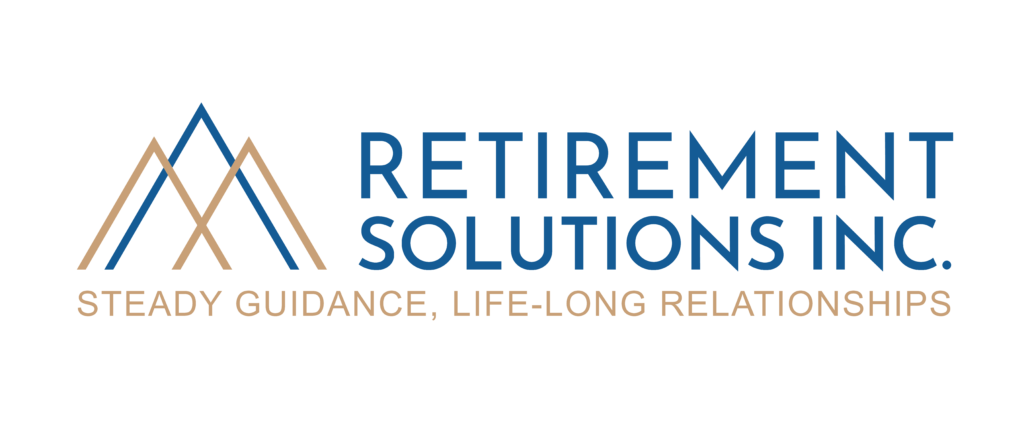Choosing a Benefits Package That Serves Your Business and Employees
As a business owner, you worked hard to grow your business. Securing your future doesn’t end with growing your customer base and getting sales. You must also provide financial security for your employees.
Along with wages, a small business owner’s financial responsibility includes offering a benefits package. Yet choosing a benefits package that best serves your employees without negatively impacting future growth and financial stability may seem challenging. What should your benefits package include? How much should you spend? Here are a few things to consider during the vendor selection process.
Required Benefits in Your State
In addition to federally required Medicare and Social Security, unemployment insurance, and worker’s compensation, your business might also need to offer family and medical leave, as well as health insurance. Other benefits typically include health, life, and disability insurance, plus some form of retirement savings. Before you start comparing different benefits packages, learn which benefits are required by your state, as well as specifics about what’s needed in each area.
Benefits to Attract Employees
Selecting the right employee benefits package involves more than just meeting the federal and state requirements, it can also be a recruiting tool to attract your ideal employee. Think about what matters most to the employees you want working for your business and select a package that includes tools to protect those things. For example, is your ideal employee health conscious? If so, include health and wellness, dietary, or fitness program options in your plan. Paid days off for volunteer work or a matching charitable contribution program may appeal to community-oriented individuals. Employees who value family time might like the idea of flex days or additional family or medical leave days. In short: Consider what your ideal employee looks like and how you can meet their needs with certain benefits.
Benefits That Retain Employees
Some benefits can also help you retain employees. When selecting retirement savings vehicles, work with a professional that can help you consider appropriate options, including eligibility requirements, vesting schedules, or alternative compensation, such as equity or stock options.
Benefits That Align with Your Business
Another thing to consider when reviewing items in employee benefits packages is how well they align with the values and mission statement of your business. How do they reflect on your company? Don’t be afraid to get creative. For example, offer pet insurance for employees at a veterinarian clinic, include a healthy meal delivery service for employees at a gym or fitness business, or offer a combination of professional development/tuition reimbursements and a tool allowance for skilled tradespeople.
Tax and Financial Implications
When it comes to selecting the right benefits package, you need to consider the financial implications. Not just for the business, but also for your staff. Some questions to ask yourself include: • How much does this program cost to roll out?
• Which of these benefits are taxable to the employee and/or the business?
• Which of these benefits offer a tax break to the employee and/or the business?
Small businesses have long been the backbone of American society. Offering a customized employee benefits plan to employees supports the individuals, families, and communities of our country.
If you have questions, a financial professional can help you learn more about what to look for in a benefits plan.
SOURCES
1. “What Basic Benefits Must a Company Provide Employees?” Paychex, 2018. May 21. https://www.paychex.com/articles/employee-benefits/employee-benefits-a-company-must-provide




